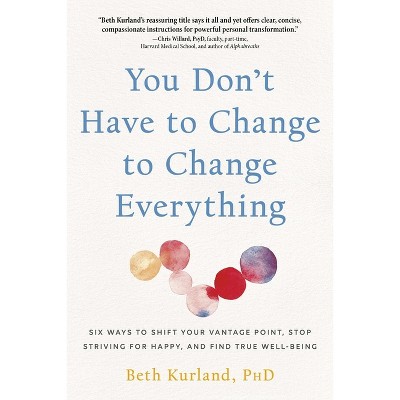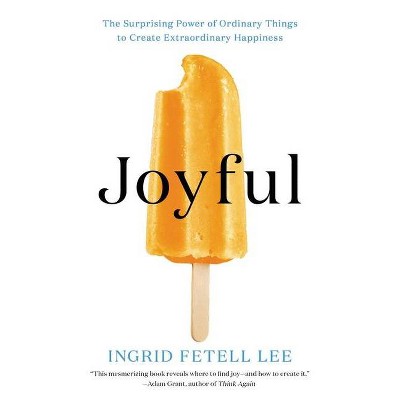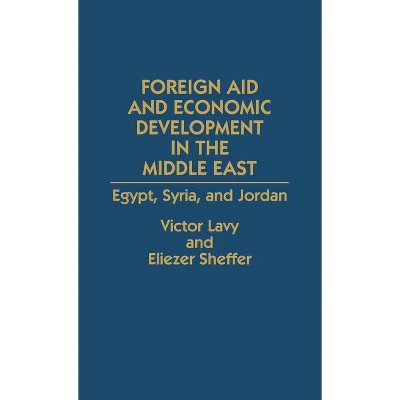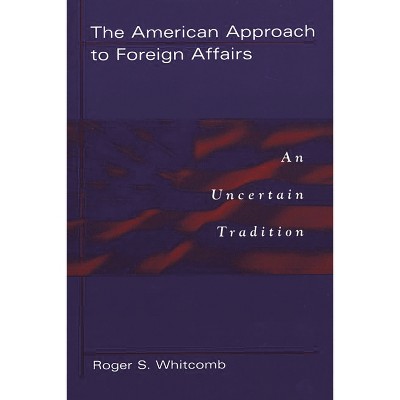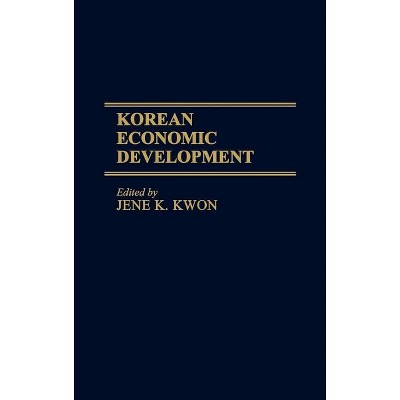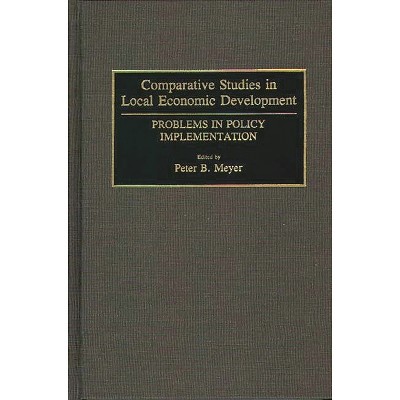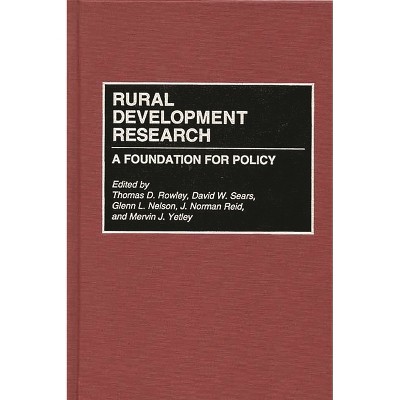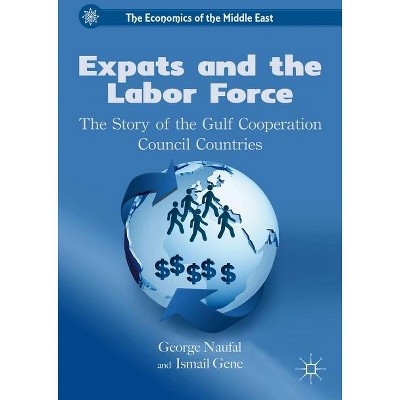Sponsored

The Global Economic Crisis and Consequences for Development Strategy in Dubai - (Economics of the Middle East) (Hardcover)
In Stock
Sponsored
About this item
Highlights
- This exciting and timely collection identifies and addresses the impacts of the global financial crisis on Dubai and the surrounding region.
- About the Author: Ali Tawfik Al Sadik is senior economist and project manager at the Dubai Economic Council.
- 189 Pages
- Business + Money Management, Development
- Series Name: Economics of the Middle East
Description
Book Synopsis
This exciting and timely collection identifies and addresses the impacts of the global financial crisis on Dubai and the surrounding region. The issues are highlighted and analyzed by a group of distinguished scholars, focusing specifically on such issues as: Why and how the financial crisis happened and what its consequences are for the economies of the Middle East; defining the emerging global regulatory framework and the new financial architecture; the long term development strategy for the UAE / Dubai in the post crisis global economy; and the oil market and the global financial crisis.Review Quotes
"This book is a panoramic in its scope and a guide to the one of the most opened economies in the Arab region, i.e. Dubai's economy. The repercussions of economic globalization and financial crisis on macroeconomic management, economic policies, oil market, financial system, and real estate are well analyzed and written. I recommend the book for those who have heard about Dubai's experience and want to know more in depth." - Ahmed Al Kawaz, professor of Economics, Arab Planning Institute-Kuwait
'This volume comprises frontier research on the lessons and policy implications of the global crisis for the world at large and Dubai's development strategy and policies in particular. The book's original and policy-relevant contributions by world-known researchers add value to the understanding of the roots of the crisis and the required changes in macroeconomic, financial, and macro-prudential policies worldwide. The lessons drawn for GCC economies and for Dubai are based on deep knowledge about the latter economies and their exposure to the recent crisis. This timely volume should be read by international economists and Middle East policy makers alike.' - Klaus Schmidt-Hebbel, former chief economist of the OECD and professor of Economics at the Catholic University of Chile
About the Author
Ali Tawfik Al Sadik is senior economist and project manager at the Dubai Economic Council.Shipping details
Return details
Trending Non-Fiction





